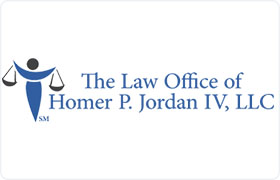Floyd County, GA Divorce & Family Law Lawyers
Sponsored Law Firm
-
 x
x

Click For More Info:
-
The Law Office of Homer P. Jordan IV, LLC
125 Townpark Drive Suite 300 Kennesaw, GA 30144» view mapDivorce & Family Law Legal Solutions for a Brighter Tomorrow
At The Law Office of Homer P. Jordan IV, LLC in Kennesaw, we are dedicated to helping clients throughout the Atlanta area, including Cobb, Cherokee and Paulding counties.
800-590-3350
Daniele Tedesco
✓ VERIFIEDImmigration, Divorce & Family Law, Personal Injury, Wills & Probate
Fluent in Spanish and Portuguese
I am originally from Brazil and I have been through the immigration process myself. I understand very well how my clients feel and how frustrating t... (more)
Louis Michael Johnson
Estate, Business, Divorce & Family Law, Adoption, Corporate
Status: In Good Standing Licensed: 8 Years
FREE CONSULTATION
CONTACTSusan Diane Taylor
Real Estate, Lawsuit & Dispute, Divorce & Family Law, Accident & Injury
Status: In Good Standing Licensed: 25 Years
John Finley Niedrach
Government, Divorce & Family Law, Accident & Injury
Status: In Good Standing Licensed: 12 Years
Crystal Nicole Burkhalter
Family Law, Children's Rights, Trusts, Tax
Status: In Good Standing Licensed: 14 Years
Paul R. Cadle
Real Estate, Family Law, Criminal, Personal Injury
Status: In Good Standing Licensed: 33 Years
 Homer Jordan Kennesaw, GA
Homer Jordan Kennesaw, GA AboutThe Law Office of Homer P. Jordan IV, LLC
AboutThe Law Office of Homer P. Jordan IV, LLC Practice AreasExpertise
Practice AreasExpertise

